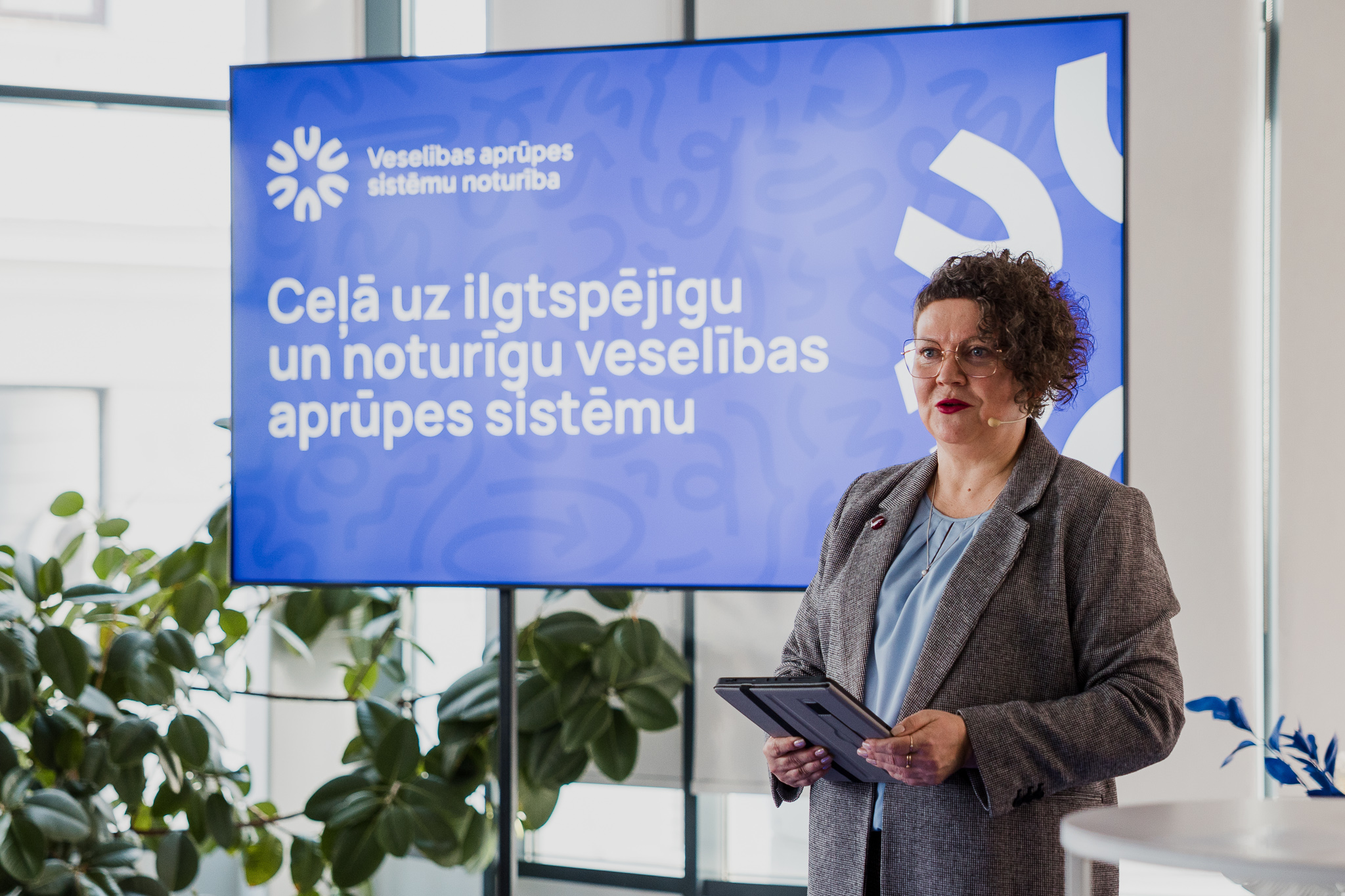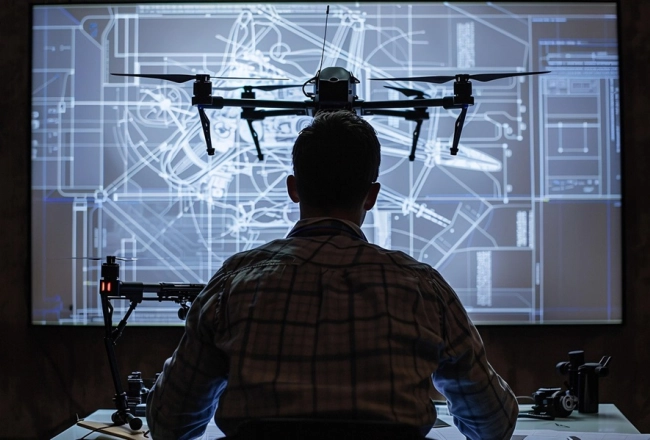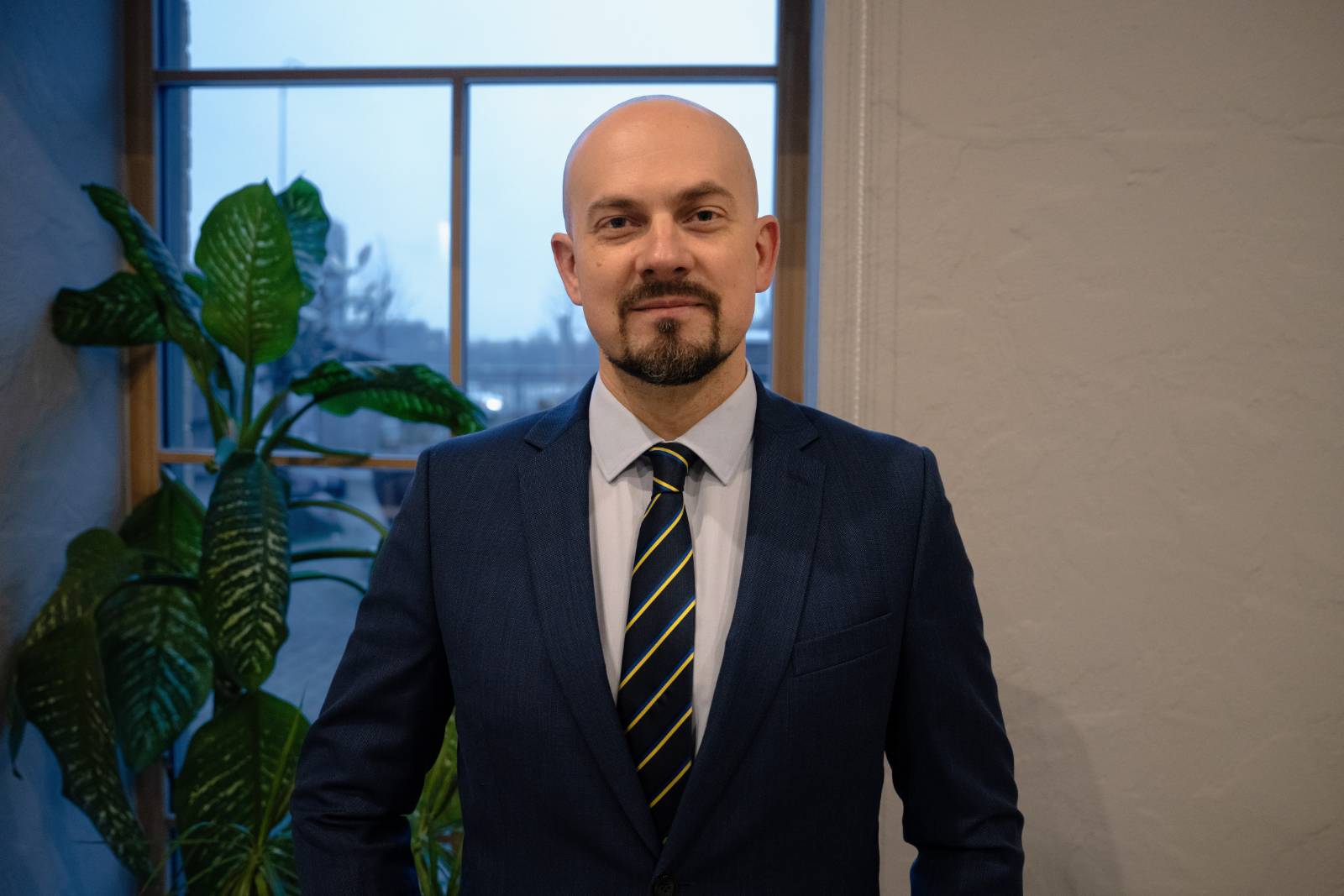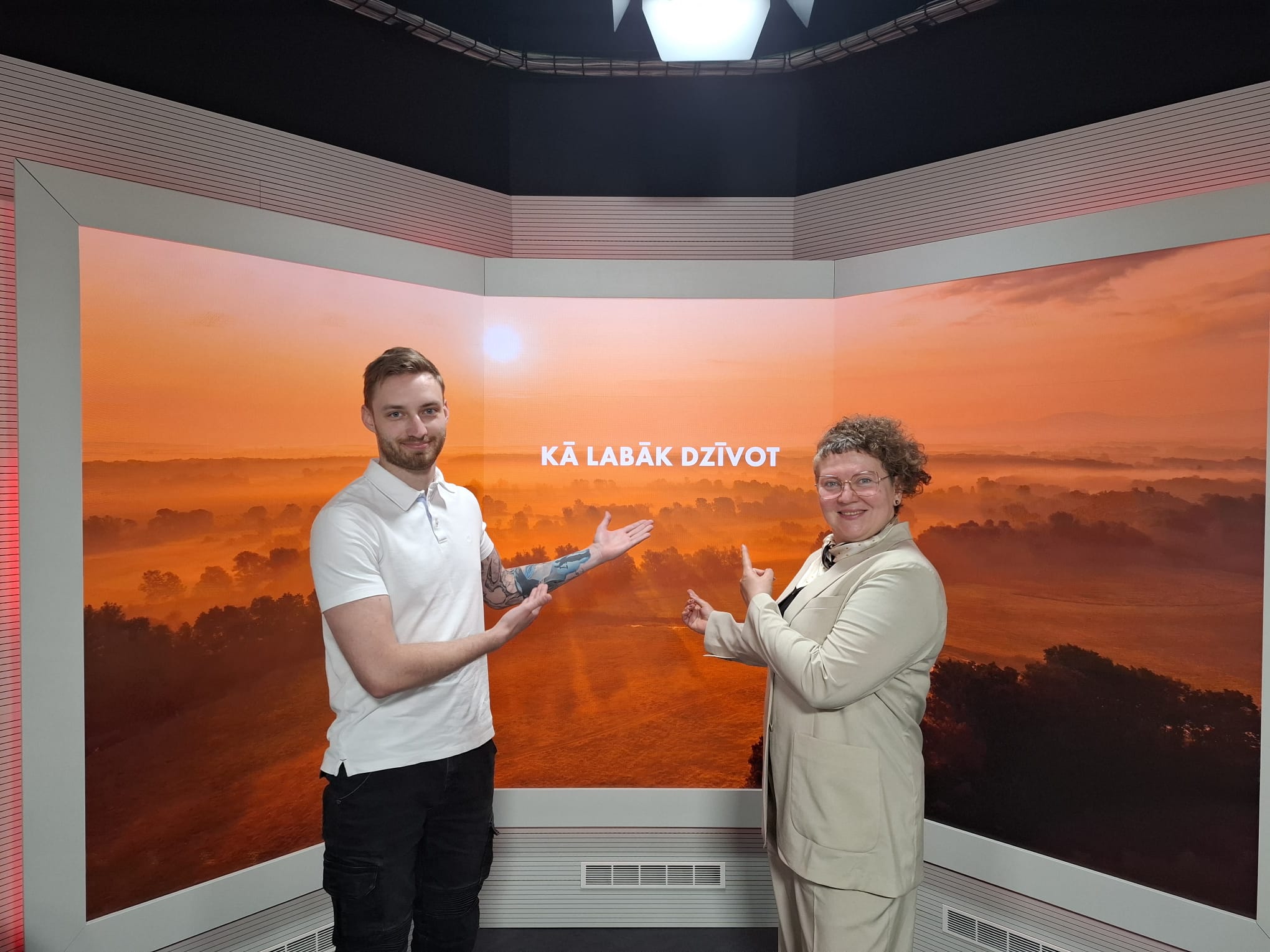24.04.2025
Crisis as the “Fifth Season”: Why Everyone’s Preparedness Matters

Foto: Rūdolfs Liepiņš
Sandra Zilberta
When speaking with people around me, especially younger and economically active people, I increasingly notice how exhausted we are by the sheer volume of information foisted upon us every day.
A large part of society has even become immune to media headlines, news segments, and images from conflict zones. This is understandable, as life goes on and personal issues often outweigh more global ones.
However, in my day-to-day work, which involves strengthening the resilience of healthcare system stakeholders (I organise resilience training, reflecting the experience of Ukraine’s healthcare systems) and planning continuity in supply chains, I increasingly reflect on how vital it is to clearly understand potential threats and how to prefer for, and then act, should the need arise.
I liken crisis preparedness to a “fifth season” – unlikely to arrive, but what if it does, we must be ready, like any other season.
Every spring, we instinctively retrieve lighter clothing and footwear from the back of the wardrobe, and store away our winter layers until next time. It seems obvious. We do this year after year to be ready for changing conditions.
The same calm and structured approach is needed when it comes to crisis preparedness. The more prepared we are as individuals, the better we will cope should a crisis occur.
I believe now is the time to personally reflect on a number of questions. For example, which of my possessions enhance my preparedness, and which hinder it?
What can I streamline? What skills do I, and those around me, have that could prove useful in a crisis?
Do I have someone who especially depends on me? What will I need to support them? Are there health issues I shouldn’t postpone dealing with? Do I need to develop new skills? Perhaps it’s time to refresh my outdoor survival abilities with friends, or even consider joining the National Guard?
Truly, this might be the right moment to give up harmful habits, and improve my physical fitness.
These are ordinary questions, they simply require attention and thought. Much of this should ideally be done now, in peaceful times. But the answers and plans made in advance, especially when shared with loved ones, can become an invaluable source of support in a crisis.
From many years of work engaging communities, I’ve seen that in parts of Latvia where communities are more united, people are also more likely to take care of one another during a crisis and not abandon the most vulnerable members to fend for themselves.
From the perspective of the healthcare system, key pillars of support for every community are GPs, providing primary care, and pharmacists, offering pharmaceutical care.
I urge everyone this summer to get to know their neighbours, if you haven’t already, and to speak with your family doctor about which medications and supplies you should stock for at least three months.
Afterwards, visit your pharmacist and gradually gather what you need.
If your neighbours include elderly people, persons with disabilities, or families with young children, keep an eye out for them.
It’s important to recognise that life will go on, even under challenging conditions, until a solution comes.
Society will continue to function, but in line with the unpredictable “weather” of the fifth season. Those with a properly prepared basic kit will find adapting far easier than those caught unprepared by new circumstances.
Equally important is open communication, not being left alone in the noise of news and worry.
It’s worth finding like-minded individuals to discuss these seemingly uncomfortable topics. In my view, sharing opinions, experiences and skills does not increase anxiety – quite the opposite, it fosters peace of mind and confidence. We have a wealth of information available, from Ukraine’s experience and challenges to practical steps individuals can take if faced with similar situations. The website sargs.lv offers a handbook titled “How to Act in the Event of War”.
It is society’s duty, even a critically important task, to familiarise ourselves with this information and take from it what is most valuable – knowledge.
I believe in, and work for, a future where crisis conditions do not befall us. However, I also see that the most important thing right now is to be consciously prepared. We still have time. Each of us has some degree of resources, self-acquired supplies, local community or family support.
Local governments play a huge role in reaching people, informing them, planning resources, creating crisis reserves, and supporting recovery.
This summer, as we fulfil our civic duty by voting in the upcoming elections, it is critically important to strengthen both local governance and the ties between our communities and municipal councils. In doing so, we will foster a culture of preparedness in Latvian society – so the possible “fifth season” does not catch us off guard.
The author is Chair of the Board at the Health System Resilience think tank.



